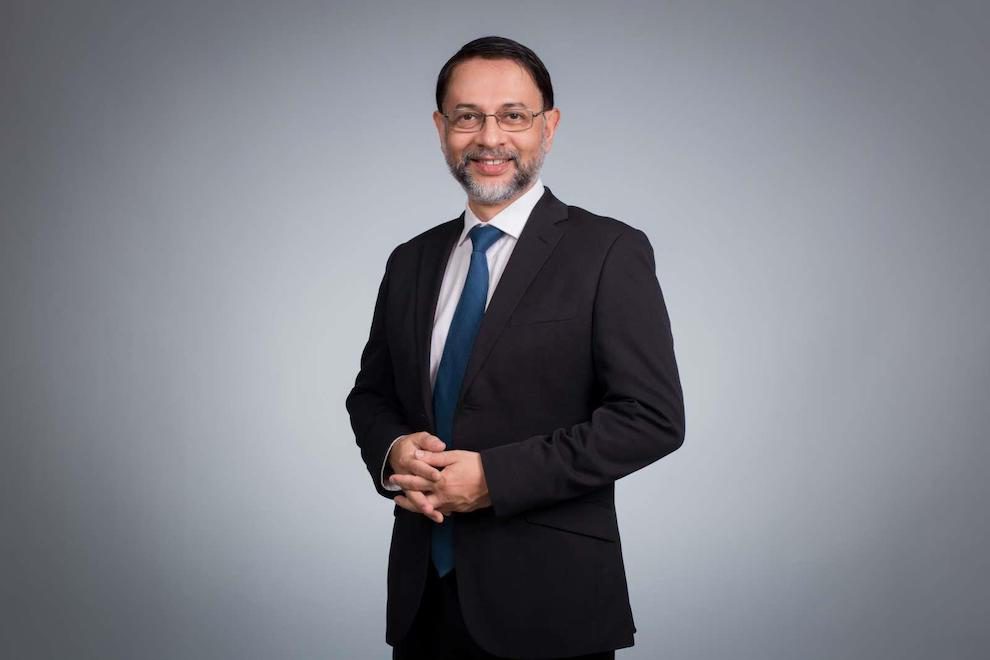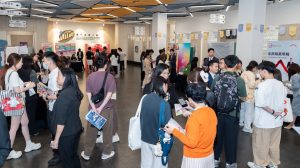IFTM’s Cultural and Heritage Management Bachelor’s Degree Programme aims to prepare students to engage in management-level careers in fields related to heritage management, cultural tourism, and cultural and creative industries. Taking advantage of IFTM’s trademark approach to education, students enrolled on the programme can engage in hands-on projects to acquire real-world knowledge to complement what they have learned in the classroom.
Dr. Sharif Shams Imon, Coordinator of the Cultural and Heritage Management Programme, says some courses require undergraduates to host community events, with the goal of empowering them to advance their understanding of culture and heritage. “Students need to organise community events when they are in Year 3, namely for the Heritage Interpretation course, and then in Year 4, for the Cultural Mapping course,” he says.
In academic year 2021/2022, undergraduates on the Cultural Mapping course hosted during May an event themed ‘Hidden Diversity’. “It was an opportunity for students to find out more about various groups of people that live in Macao, but that we seldom pay attention to,” the scholar says.
The goal of community events is for students to “go into a community that not everybody knows about,” states Dr. Imon. Undergraduates are tasked with collecting, recording and analysing information, in order to catalogue the cultural and heritage resources of that community, and use that insight to originate content that can be used for staging the actual community event.
Dr. Imon explains that a community event is different from a general public event, as members of the community concerned have “a strong role” in the outcome of the overall project. “Students need to reach out to members of that community, to learn from them and get them involved” in the overall process, states the scholar. In the end, the community event helps ensure that information collected about that community can be shared with the Macao public at large.
Through community events, undergraduates can gain first-hand experience of the importance of links between people and their culture and heritage. This helps inform perspectives the students have gained from their classroom studies.
“Culture does not exist without people, there is no culture,” highlights Dr. Imon. “The core of culture or cultural heritage is people.”
The IFTM scholar points out that by hosting community events, students also hone their communication skills. Those are important tools for future professionals in the field of culture and heritage, as they will need to interact effectively with others for professional purposes.
“Students should know how to connect to other people, and how to get their trust so that these people can share with them their beliefs and their concerns openly,” states Dr. Imon.
He notes that the significance of a community event project for the undergraduates is not so much the actual event staged. Rather, the goal is to stimulate the students to connect with a community and identify its important cultural and heritage assets, and then be able to share such findings effectively with the wider world.
After the event is held, students are required to write a project report and what is known as a “reflection paper” detailing what they have learnt and what challenges they encountered from putting on a community event. Dr. Imon says these self-assessments help highlight each student’s development in terms of how they perceive culture and heritage.
“At the beginning of the Cultural and Heritage Management programme, students might have a feeling that heritage refers to buildings only. However, over their years of study at IFTM and going through the projects, they start to see, learn, and appreciate that culture and heritage are all around us,” says the IFTM scholar.
The way coursework is structured stimulates undergraduates to operate collaboratively. “They learn about teamwork: they share a common goal with other group members, and in the process, they learn how to cooperate with various types of people, in addition to achieving personal development and professional growth,” says Dr. Imon.









